
Malaysia will field 9/11 naturalized players in the match against Vietnam in June 2025 - Photo: FAM
Recently, an analysis article in the New Straits Times frankly warned about the massive naturalization policy of this country's sports industry.
The article opens with a detail that when the Malaysian men's football team faced Vietnam in June 2025, 9 out of 11 players in the starting lineup were born abroad.
This is a stark contrast to the 1980s, when they had virtually no imports in their squad. Now, Malaysia's squad boasts newly naturalised stars such as Joao Figueiredo, Rodrigo Holgado, Jon Irazabal, Facundo Garces and Imanol Machuca - all of whom contributed to the 4-0 win over Vietnam.
Thanks to this policy, the Malaysian team is facing the opportunity to participate in the 2027 Asian Cup for the second consecutive time.
Basketball is also following a similar path with the hope of adding three new quality names from Congo, Nigeria and the US in time for the 33rd SEA Games in December.
However, the article raises a burning question: “Is this an instant pain reliever that is addictive and has long-term consequences?”
The cracks are showing
The biggest danger is when naturalisation becomes an addictive “drug”. When a striker from South America or a centre-back from Africa immediately improves results, it becomes very tempting to continue naturalising.
This leads to the national team shirt no longer being a reward for years of hard work by young domestic players but becoming an "easy" invitation for outsiders.
The article pointed out that the recent defeat of the Malaysian U20 women's team in the U20 Asian qualifiers was a painful example. They lost 0-3 to Iran, were "crushed" 0-16 by Japan and could only beat Guam (an island with less than 200,000 people) with a score of 2-0.
The difference in class is too obvious. Worse still, even with a few foreign-born Malaysian players in the squad, the gap is still huge.
The article stressed that Japan's dominance comes from decades of investment in youth football, school leagues and elite coaching.
The article also did not hesitate to use neighboring countries as examples: "Vietnamese women's football has reached the World Cup. Even Bangladesh has surpassed Malaysia."
Temporary solution or long term plan?
The article acknowledges that the naturalization policy is not new and can be a smart policy if used properly. However, granting passports to fill positions that domestic football cannot produce should only be a temporary solution, not a long-term plan.

Malaysian football is reaping success thanks to the naturalization policy - Photo: TTO
The bigger question is whether Malaysia is using this “golden window” of naturalization power to improve the weaknesses of the system.
The article points out the sad reality: Domestic tournaments like M-League are struggling year after year due to financial problems. The youth basketball talent training system is lacking. Women's football is still stuck in the third group in Asia.
Meanwhile, Southeast Asia and Asia as a whole are not waiting for them. Indonesia can qualify for the 2026 World Cup. The Philippines is climbing the FIFA rankings.
Qatar has become a permanent force in Asian football. These countries don't just naturalize - they build a systematic style of play around those naturalized players.
The article concludes with a stark warning: Naturalized players must be the tip of the spear – not the whole weapon. “Borrowed success” feels great in the moment, but without the foundation, “the headache will be devastating.”
Source: https://tuoitre.vn/bao-malaysia-canh-bao-chinh-sach-nhap-tich-thanh-cong-hien-tai-con-dau-dau-tuong-lai-20250812095747798.htm




![[Photo] Brilliant red of the exhibition 95 years of the Party Flag lighting the way before the opening](https://vphoto.vietnam.vn/thumb/1200x675/vietnam/resource/IMAGE/2025/8/27/e19d957d17f649648ca14ce6cc4d8dd4)

![[Photo] Many people eagerly await the preliminary review despite heavy rain](https://vphoto.vietnam.vn/thumb/1200x675/vietnam/resource/IMAGE/2025/8/27/4dc782c65c1244b196890448bafa9b69)
![[Photo] Prime Minister Pham Minh Chinh chairs meeting of National Steering Committee on International Integration](https://vphoto.vietnam.vn/thumb/1200x675/vietnam/resource/IMAGE/2025/8/26/9d34a506f9fb42ac90a48179fc89abb3)











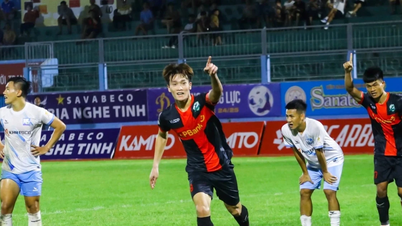

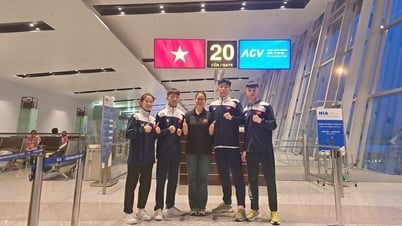
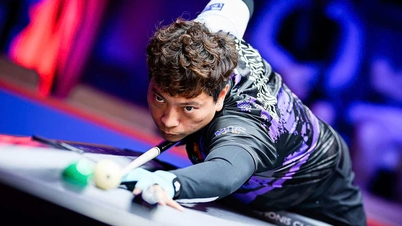









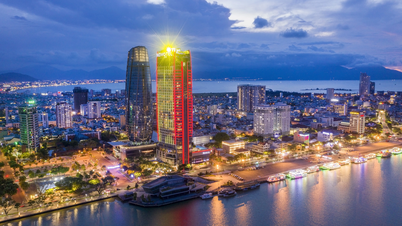




























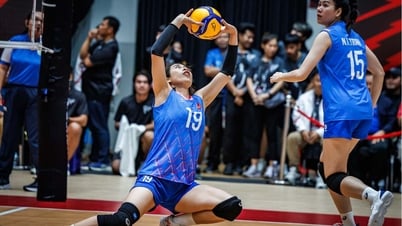

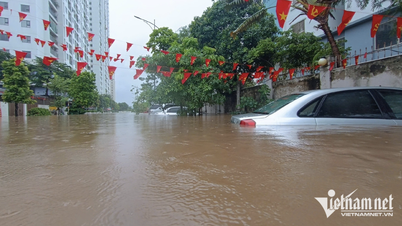
![[Photo] General Secretary To Lam attends Meeting with generations of National Assembly deputies](https://vphoto.vietnam.vn/thumb/402x226/vietnam/resource/IMAGE/2025/8/27/a79fc06e4aa744c9a4b7fa7dfef8a266)
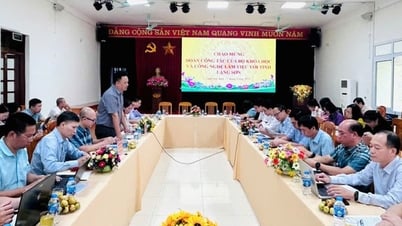










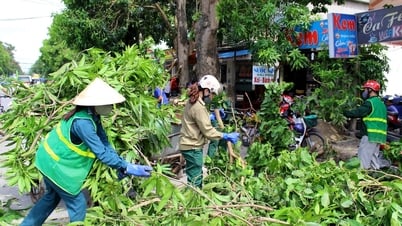














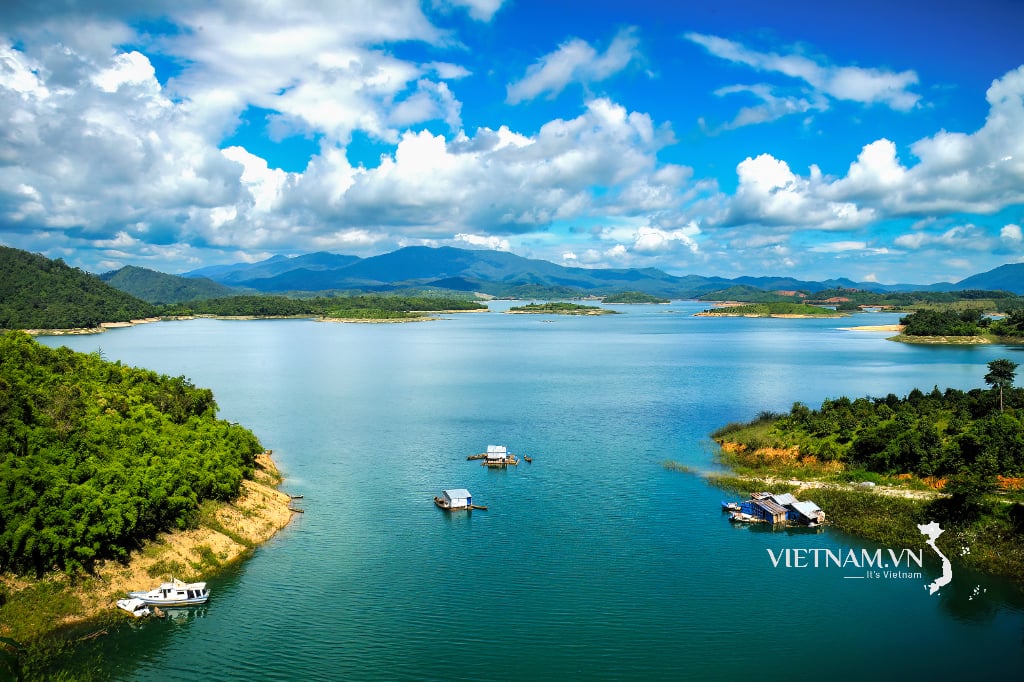



Comment (0)